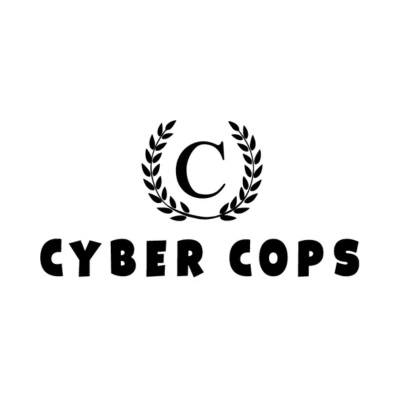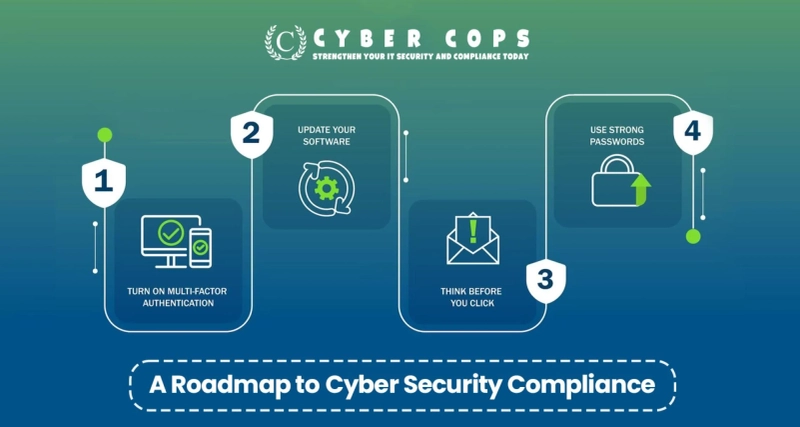In this era of technology, different businesses use the internet to connect and carry out activities. This surge in interaction among companies makes devices vulnerable to cyber-attacks. As the number of data breaches are increasing constantly, organizations need to take charge of this serious situation.
Cyber threats are common and a challenge for companies. Such attacks often lead to loss of money or valuable data. To protect valuable information, organizations implement privacy regulations to practice compliance. Cyber security compliance will mitigate the risk of cyber-attacks and streamline the pace of business in collecting and processing of data.
Compliance programs are of great significance for organizations. However, many organizations may have confusions regarding this concept. In this blog, we will understand the concept of cyber security compliance in detail and know more about its growing need.
Defining Cyber Security Compliance
Under Cyber Security Compliance businesses need to act in accordance with the industry standards, rules, regulations and laws to secure data privacy. Achieving compliance is a must to maintain the confidentiality, Integrity and availability (CIA) of information.
To fulfill the responsibility of risk management, various security controls like firewalls, two factor authentication and antivirus software are used by organizations. Along with that, businesses comply with HIPAA, GDPR, SOC2 and ISO based on their requirements.
The scope of compliance is extended to protection of Information technology. Regular monitoring and assessment of hardware/software devices, networks and systems are a part of compliance requirement. All these steps are taken to reduce the possibility of breach before all else.
Data Subjected to Cyber Security Compliance
There are three different types of data classified under cyber security. They are:
Protected Health Information (PHI):This information is collected to identify patients to give appropriate treatment. This data includes medical history, test results, insurance information, appointment and prescription history.
Personally Identifiable Information (PII):It holds specific information about individuals. The data includes full name, email address, license information or medical record. This sensitive information is used to identify individuals.
Financial Information:It is similar to PII, but the focus is on financial details of the individual. Sensitive data like bank details, credit card numbers and financial history are a part of it.
Need for Cyber Security Compliance
Data breaches can deeply affect an organization and disrupt the important tasks of business. Compliance methods help in accomplishing safety and security. It also prepares companies for a changing technological environment.
Here are some reasons specifying the need for Cyber Security Compliance:
Legal Requirement:The rules and regulations set by regulatory authorities are to minimize the risk of data theft, misuse and other consequences related to that. If organizations do not fulfill these regulations, then they are subjected to hefty fines and penalties. To avoid regulatory penalties, compliance is a must.
Customer Trust:Taking measures to achieve compliance creates a positive impact on customers. It exemplifies that their personal information is in safe hands. It builds customer and partner reliability in the organization. With security more relationships are initiated and maintained.
Risk Assessment:The compliance methods establish best security practices. This is done by keeping a regular check on network infrastructures to find potential errors. A list of guidelines is followed for the assessment of vulnerabilities. As collection and management of sensitive data under regulations are essential to data protection, some organizations create a framework for this task.
Bottom Line
Cyber Security Compliance is the current need for all business organizations. It protects sensitive data, forms customer trust and improves overall position of security. Apart from that it also helps risk prevention that leads to a successful business. Over the years, the number of hackings has drastically increased. Where cyber security is a necessity, its compliance can be a challenge for organizations. That is why companies can look for cyber experts who outsource compliance services.
Cyber Cops is a leading service provider with a mission to protect client sensitive data, intellectual property and business reputation with cyber security, compliance and IT Infrastructure services. It has a team of professionals who offer IT security, compliance consultation and awareness training to help you easily secure the information provided by clients. With highly effective management, Cyber Cops detect vulnerabilities and prevent malicious codes from invading the organization's servers.



